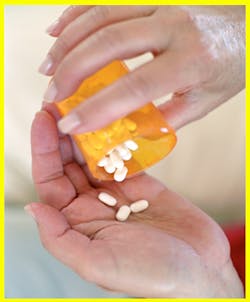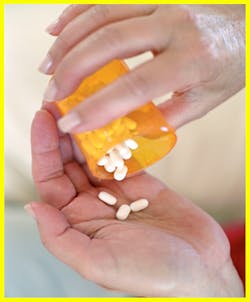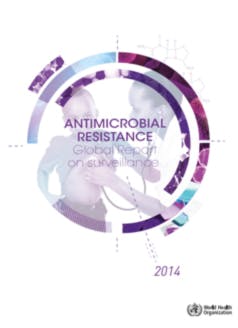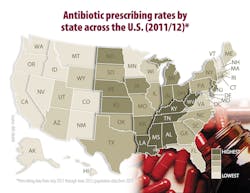Antibiotic resistance: fact or fiction?
What can we do?
A common problem, and one we can help to alleviate, is antibiotic overuse. Some patients do not understand that an antibiotic is not indicated for a common cold, caused by a virus, or for a viral upper respiratory infection. We can effectively communicate why the decision not to prescribe an antibiotic is made in certain instances. Recommending symptomatic relief can be helpful, and the Center for Disease Control and Prevention’s (CDC's) downloadable symptomatic prescription pad is handy for this purpose.(6)
To view a PDF of the CDC's symptomatic prescripton pad,(6) click here.
Discuss potential side effects of antibiotic use, including adverse events and resistance, as many individuals do not realize that antibiotics can be harmful.
We can do our job by educating our patients and the public. Numerous fact sheets are available to help us spread the message about antibiotic overuse and resistance.(7) Help spread the word!
To view a PDF about antibiotics and viral infections, click here.
RELATED |News you can use to start 2014
References
1. http://www.who.int/mediacentre/news/releases/2014/amr-report/en/.
2. http://www.who.int/drugresistance/publications/infographic-antimicrobial-resistance-20140430.pdf.
3. http://www.who.int/drugresistance/documents/surveillancereport/en/.
4. WHO. Technical consultation: Strategies for global surveillance of antimicrobial resistance. Meeting Report. December 2012. http://apps.who.int/iris/bitstream/10665/90975/1/WHO_HSE_PED_2013.10358_eng.pdf.
5. http://apps.who.int/gb/ebwha/pdf_files/EB134/B134_R13-en.pdf.
6. http://www.cdc.gov/getsmart/campaign-materials/print-materials/ViralRxPad.html.
7. http://www.cdc.gov/getsmart/campaign-materials/week/promotional-media.html?tab=1#TabbedPanels1.




